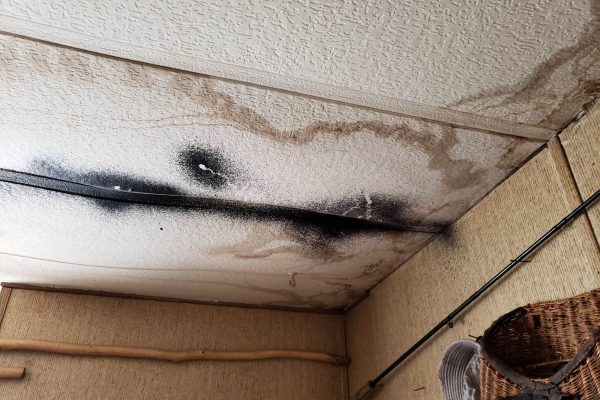The UK is, by far, Europe’s largest to market, worth more than £4 billion every year. As of 2017, it was estimated that each child received 41 toys, 13 of which arrived during the Christmas weekend alone! Sadly, most of these toys get discarded within a short period of time, to be replaced by next year’s haul. Even sadder, most of them end up in landfills. This is why you need a reliable rubbish removal partner, like Clearabee.
How do toys end up in the landfill?
The most common reason for toys ending up in the landfill is the lack of proper rubbish sorting at home when loading wheelie bins or skip bags. Recycling is not a new concept, especially in the UK, but most homeowners fail to take it seriously. When toys are not placed in bins/bags marked for recycling, they can inadvertently end up in landfills.
The second reason that toys end up in landfills is due to incompetence or malicious oversight from unscrupulous rubbish removal services. During waste removal, different types of rubbish go to different compartments in the lorry. If there is a mix up during the collection process, or the dumping process, then toys (and other inappropriate items) might end up in landfills.
What is the environmental impact of dumping toys in landfills?
The environmental impacts of toys in landfills are numerous, and can directly affect you and your family. They include:
Air pollution from burning plastic
Most modern-day toys are made from plastic because it is cheaper. Unfortunately, not only is plastic fragile, it does not decompose naturally. To clear up landfill space, most plastic waste is incinerated. As a product made from oil and other toxic components, the smoke from burnt plastic is harmful to the environment and to human health.
When inhaled, the smoke from burnt plastic toys triggers respirator conditions such as asthma and can cause bronchitis. Some studies have shown that long-term exposure, especially if you live near a landfill, can cause cancer. Young children are, particularly at risk.
Toxic paint
80% of all toys are made in China, which has a less than stellar reputation regarding regulatory oversight. While the issue of lead paint in toys has been largely eradicated, almost every year a toy manufacturer has to order a recall because of toxic paints. In a landfill, these leech into the groundwater and cause a myriad of health problems, most with long-term implications.
Heavy metals from electronic components
Modern toys have a lot of electronic components, most of which are made from heavy (and toxic) metallic components. In a landfill, these leech into the groundwater and contaminate it. Some of these metals have been shown to cause developmental problems in children, and most can’t be detected during water treatment. Long-term exposure also increases the risk of cancer.
What can you do to reduce the number of toys ending up in landfills?
The first step has to be vigilance at home during the rubbish sorting process. Streamline your internal rubbish removal. Just as there are different bins for different types of rubbish, you should ensure that your in-door dustbins are clearly marked. Ensure that everybody in your home understands the right dustbin to place toys and other types of rubbish that shouldn’t end up in landfills.
When buying toys, try to go for options that can be enjoyed by your children for a longer period of time. While quality is an important factor to consider, you should also recognize that children have exceedingly fleeting attention spans. That superhero action figure from this week’s hit movie will be forgotten when the next hit superhero movie comes out in a month’s time. Same goes for princess figurines.
Most importantly, work with a competent rubbish removal service. Clearabee ensures that 90% of collected rubbish does not end up in landfills. Apart from recycling, they work with transfer stations that can donate usable toys to charity shops!










